US to bar investment in Chinese AI giant, ban exports to top chipmaker: Report
US officials plan to ban American investment in Chinese artificial intelligence (AI) giant SenseTime Group and to block China’s largest chip maker SMIC from buying US manufacturing tools, according to a report.
The Wall Street Journal (WSJ) in a report published on Thursday said SenseTime, a leading developer of facial recognition technology, will be placed on a Treasury Department blacklist of Chinese companies that support China’s military, citing people familiar with the matter.
In another report, Financial Times also said the firm will be placed on a list of “Chinese military-industrial complex companies” in which Americans are banned from investing.
The WSJ report added that the US officials are considering a Defense Department proposal to close regulatory loopholes that have allowed Semiconductor Manufacturing International Corp (SMIC) to buy critical US technology.
The report said the US Commerce Department officials are trying to block the Defense Department's proposal, pointing at internal disagreements.
SMIC was added to a US blacklist last year that denies it access to advanced manufacturing equipment from US suppliers due to its alleged ties to China's military. The company rejects the allegations.
The blacklisting has disrupted the company's plans to move into high-end chip making, but its financial performance has been strong as a global chip shortage has boosted demand, according to Reuters.
The WSJ report said the US officials are also considering adding more Chinese technology companies to the Commerce Department's entity list and to the Treasury list banning US investment in coming months.
On Wednesday, the US House of Representatives passed legislation to ban imports from China's Xinjiang region over concerns about forced labor.
Relations between the world’s two biggest economies have been strained over a range of issues from trade to security to COVID-19 pandemic.
Although US President Joe Biden and his Chinese counterpart Xi Jinping held a virtual summit last month, it produced no significant breakthroughs.
Last month, China lashed out at the US for its decision to add dozens of Chinese companies to a trade blacklist, saying the move violated a consensus reached between Biden and Xi.
It came after the US Commerce Department added eight technology firms based in China to the list for their alleged role in assisting the Chinese military’s quantum computing efforts and acquiring or attempting “to acquire US origin-items in support of military applications.”
The Commerce Department also said concerns about China's "ability to break encryption or develop unbreakable encryption" were another reason.
China slammed the move, with its Foreign Ministry saying that the country "will take all necessary measures to resolutely safeguard the legitimate rights and interests of Chinese companies."
VIDEO | Unseen agony: Missing loved ones of genocide in Gaza
Iran cuts gold import tariff to zero
Pezeshkian: Iran determined to develop, boost ties with neighbors
VIDEO | Israel, Hamas ceasefire agreement: Closer than ever
VIDEO | Gaza ceasefire to be put in place under resistance conditions
Hot water and sewage: Palestinians share harrowing tales of torture in Israeli prisons
VIDEO | Thousands evacuated in Ethiopia amid earthquakes, volcanic eruption fears
Revealed: Israeli ministers eye restoration of illegal settlements in Gaza through genocide


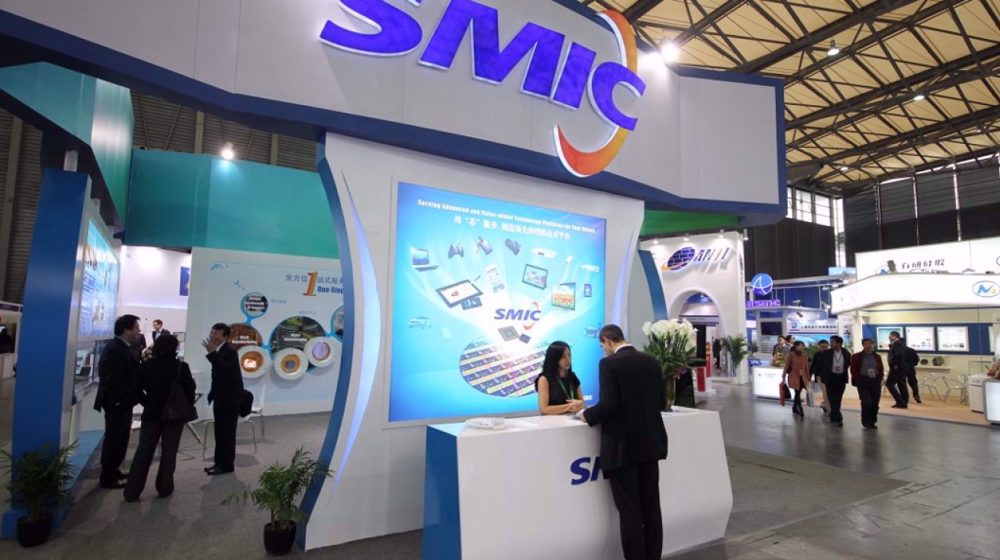
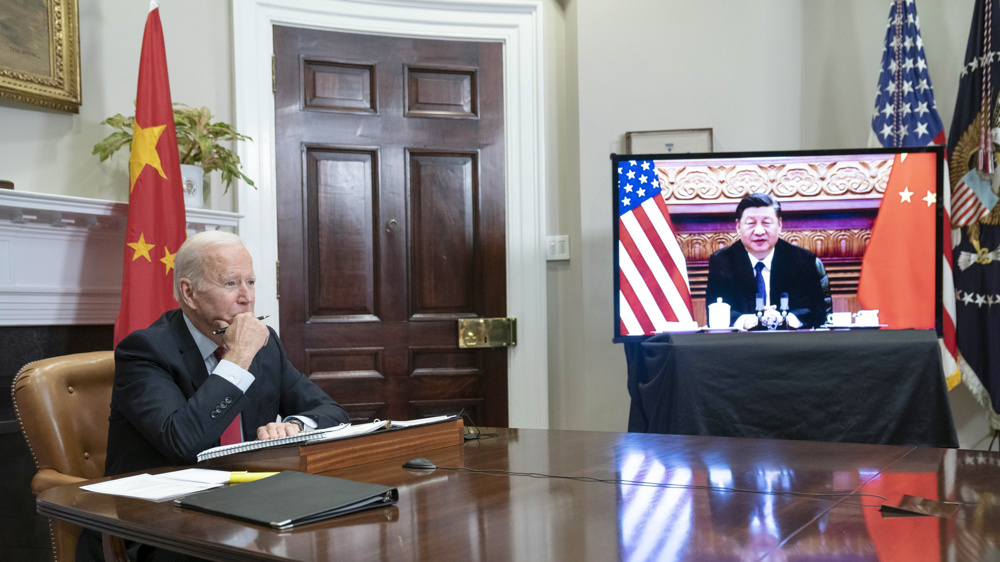






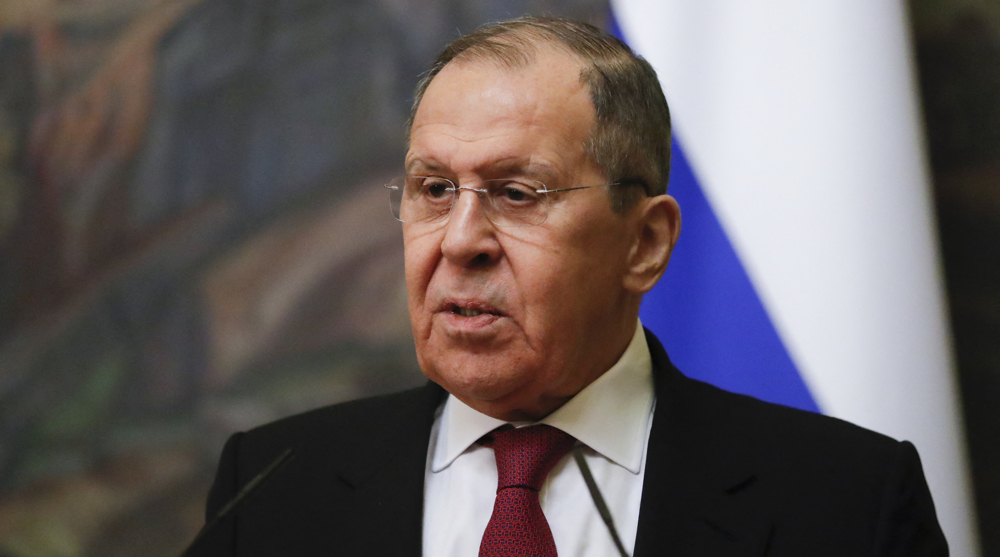

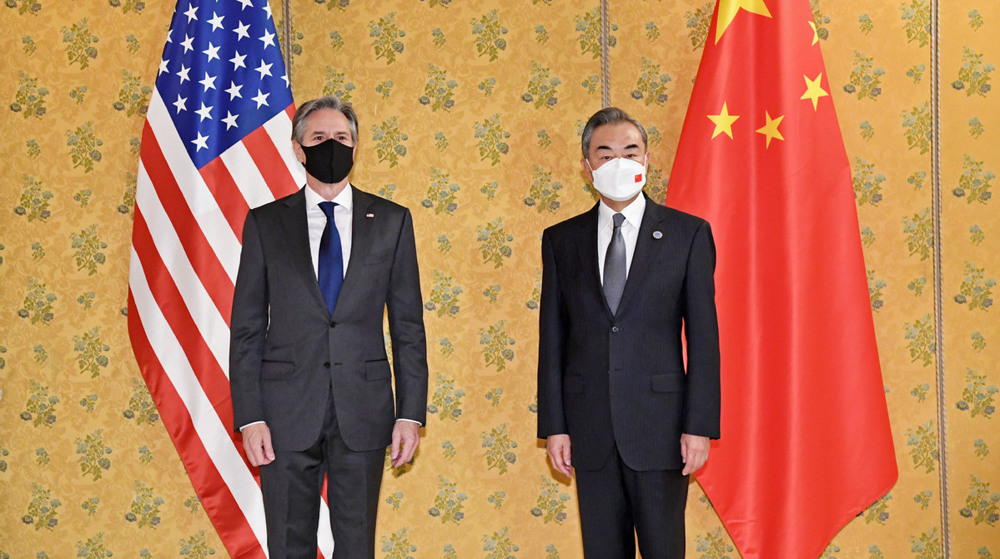
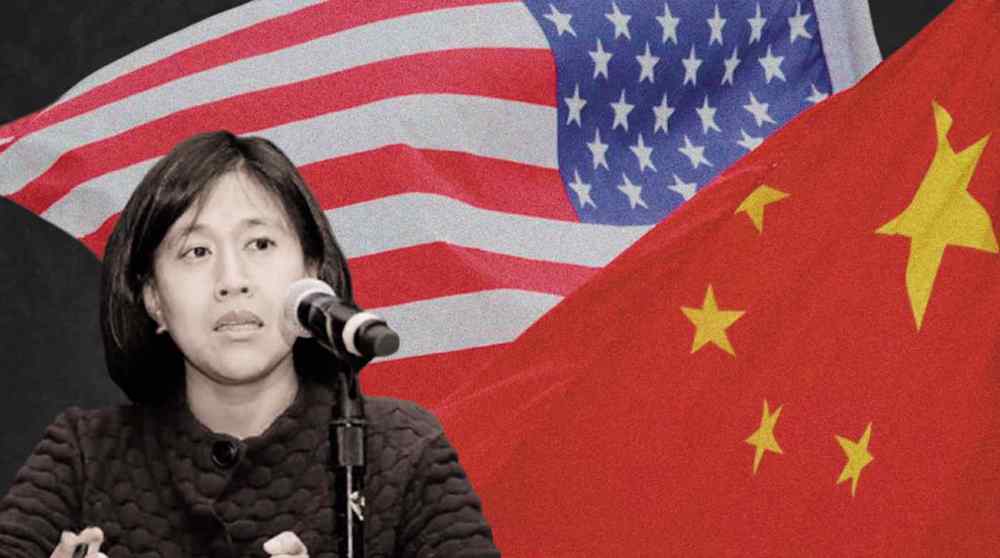
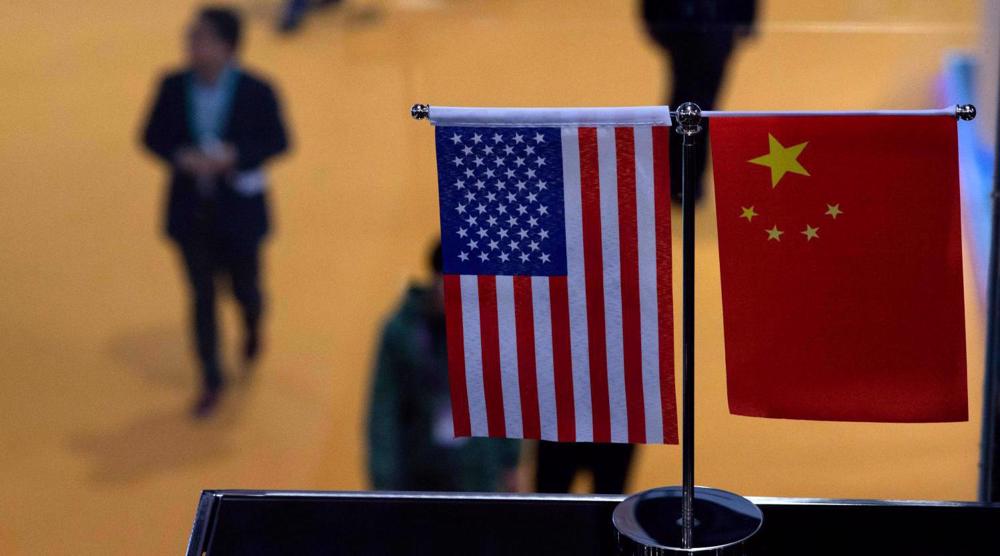

 This makes it easy to access the Press TV website
This makes it easy to access the Press TV website